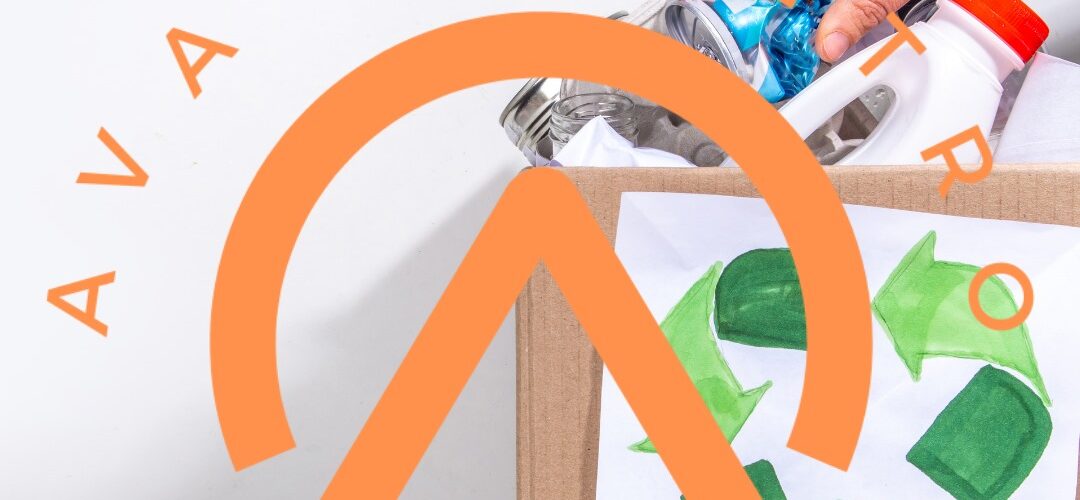Demystifying GPPS Recycling: A Comprehensive Guide
Introduction
The growing global concern for environmental sustainability has intensified the scrutiny on plastic waste, prompting a closer examination of materials like GPPS. In this article, we delve into the question that resonates with eco-conscious individuals: Can GPPS be recycled? Brace yourself for an enlightening journey into the world of GPPS and the evolving landscape of recycling solutions.
Understanding GPPS
Decoding GPPS
GPPS, or General-Purpose Polystyrene, is a widely used thermoplastic known for its versatility in consumer products, packaging, and beyond. Its lightweight and durable nature make it a staple in various industries. However, the environmental repercussions of its disposal have spurred an exploration of recycling possibilities.
The Recycling Dilemma
The Current State of Affairs
As the global awareness of plastic pollution heightens, the quest for sustainable practices intensifies. GPPS, with its ubiquity, poses a challenge in the recycling realm due to its composition and potential contamination. The current recycling infrastructure faces hurdles in efficiently handling GPPS waste.
Technological Strides
Amid challenges, technological advancements emerge as beacons of hope. Innovations in recycling processes offer solutions to the GPPS recycling puzzle. New methods for sorting, cleaning, and processing GPPS have gained traction, transforming it from a potential environmental burden into a resource with renewed value.
The Environmental Implications
A Step Towards a Greener Future
Recycling GPPS contributes significantly to the reduction of environmental impact. By diverting GPPS from landfills, we participate in a circular economy where materials are repurposed, minimizing the demand for virgin plastics production.
Resource Conservation
Beyond waste reduction, GPPS recycling stands as a guardian of resources. The energy required to recycle GPPS is notably lower than that needed for its initial production. This conservation aspect aligns with the broader goal of sustainable resource management.
Challenges and Solutions
Overcoming Obstacles
While the road to GPPS recycling success is not without obstacles, solutions abound. Addressing issues such as contamination, lack of collection infrastructure, and limited consumer awareness requires collaborative efforts from industries, governments, and individuals.
Strengthening Collection Systems
Enhancing collection systems is a pivotal strategy for effective GPPS recycling. Implementing efficient waste separation practices at the source and establishing dedicated collection points can elevate the quality of recycled GPPS, fostering a more sustainable process.
The Future Landscape
Paving the Way for Innovation
Looking ahead, the future of GPPS recycling appears promising. Ongoing research aims to develop more sustainable GPPS formulations, making them inherently more recyclable. Collaborations between industries and recycling facilities seek to streamline the entire recycling process.
Educating Consumers
Knowledge is a powerful catalyst for change. Educating consumers about GPPS recycling, its environmental impact, and the broader benefits contributes to building a society that actively embraces responsible waste management practices.
In Conclusion
In conclusion, the question “Can GPPS be recycled?” transcends a mere inquiry; it becomes a call to action. The strides in GPPS recycling underscore the potential for positive change in our approach to plastic waste. Embracing GPPS recycling is not just an option; it is an imperative step towards a sustainable and eco-friendly future.
Written by Emir Narin

